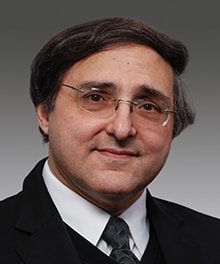Michael D’Addio, Tax & Business Services Principal, Quoted in TheStreet Network Article "The Rich and Sick Taxed to Pay for Health Care Reform"
TheStreet Network
By S. Z. Berg

Excerpt:
Last week, the Treasury Department and Internal Revenue Service (IRS) issued final regulations on the individual shared responsibility provision of the Affordable Care Act (ACA) with few changes to the provisions of the proposed regulations.
The health care law includes several changes to income taxes, most of which affect individuals with incomes over $200,000, $250,000 for couples, but some of which affects taxpayers who have high medical expenses.
The government has placed a $2,500 limit to salary reduction contributions per employee per year under health Flexible Spending Accounts (FSAs).
“The lose-it-or-use it feature of FSAs still applies for 2013 and later,” says Michael D’Addio, principal at Marcum, an accounting firm. “In the old days [prior to 2011], you could always go to a drug store and stock up on over-the-counter items to use up any balance so that the funds would not be lost. Under the current rules, this strategy does not work, since these items are not considered qualified medical expenses.”
However, if you can get a prescription for these drugs, they can qualify as medical expenses.
“Many physicians will balk about providing prescriptions for such items,” D’Addio says. “However, if a cardiologist tells a patient to purchase aspirin, the patient should request a prescription.”
There’s also a hike in Medicare taxes in 2013. Individuals earning more than $200,000 a year and married couples filing jointly earning more than $250,000 a year will see an increase of 0.9% Medicare tax withheld on their earnings that exceed the threshold.






